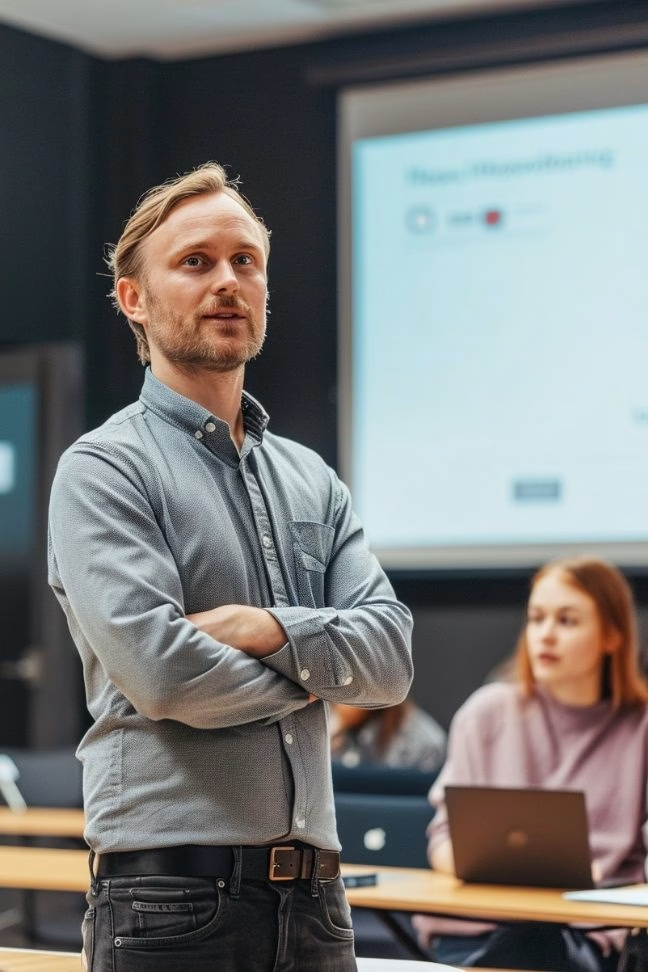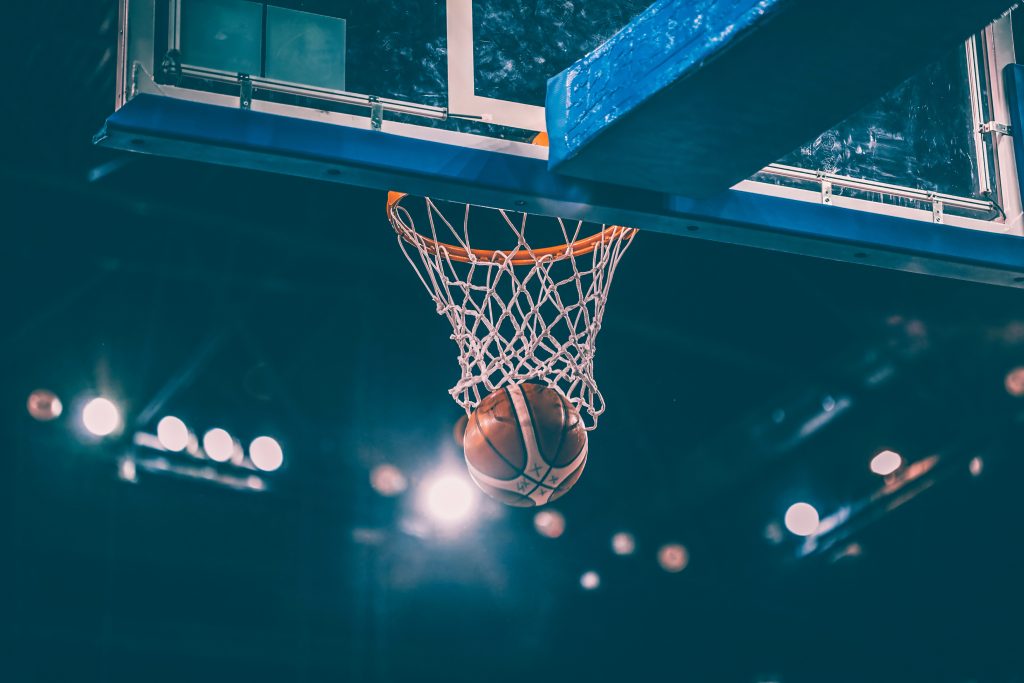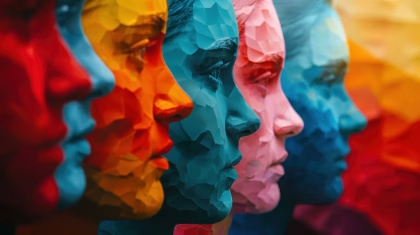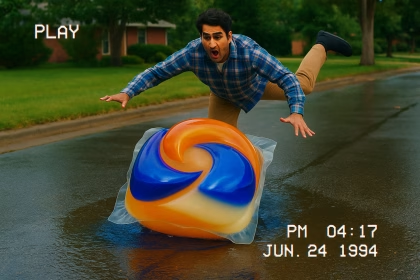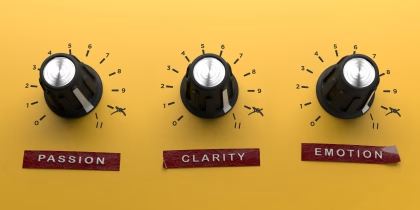Loyola University of Chicago business students used iMotions to study gender bias in sports viewership. Their research revealed no physiological differences in engagement between men’s and women’s basketball games, suggesting societal factors influence viewership. This hands-on research experience provided valuable insights and unique opportunities for students in the business school.
Inspired by the growing interest in women’s sports – and the popular French women’s football team World Cup 2023 ad – a team of Loyola University of Chicago business honor students sought to understand if viewers genuinely find men’s sports more exciting (explaining higher viewership numbers), or if there may be other factors at play. “We thought it would be really interesting to see if there was a real difference in physiological interest or if it’s just the perception of them.” said Lauren Pflueger, one of the team members who conducted the study for Professor Dinko Bačić’s “Analytical Decision Making” course.
In the survey responses, men indicated a preference for men’s sports. However, biometric data showed no differences in engagement or physiological responses when viewing men’s and women’s collegiate basketball games. Alternatively, women did not report a strong preference for one over the other and no difference in measured interest was detected. While the study has yet to be peer-reviewed, Pflueger’s research journey caught our attention.
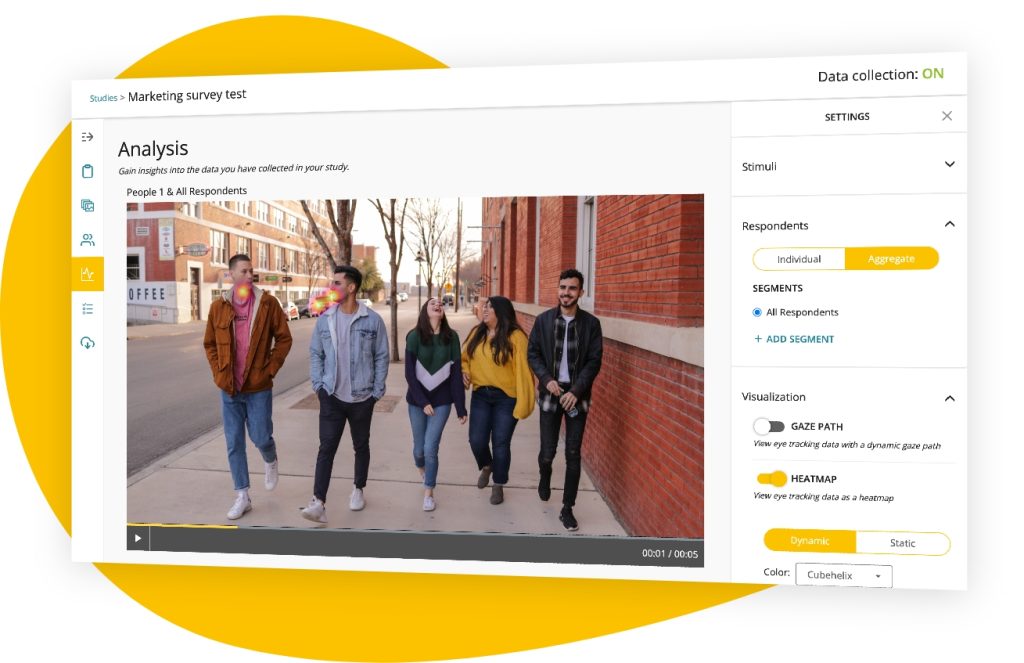
Pflueger shared that she had a choice of core courses with hands-on research opportunities. When asked why she chose this course, Pflueger said she had enjoyed a data visualization class she’d previously had with Dr. Bačić and felt that “collecting survey data is not as interesting as collecting physiological data. Especially because, being in a business school, that’s something that you don’t necessarily get an opportunity to do.”
The Analytical Decision Making course introduced Pflueger and her peers to biometric research methods using iMotions Online, a teaching tool which includes eye tracking, facial expression analysis, and a survey builder. “Getting that experience before doing it in the actual lab helped a lot.” Within a matter of weeks, students were able to independently design studies, participate in their peers’ studies, and analyze data on their own laptops.
Pflueger and her group chose to use their new research skills to dig deeper into a timely, intriguing topic: gender bias in sports viewership. “Our group was already interested in sports, and this was during the women’s March Madness tournament which was getting more attention than ever before,” said Pflueger.
Applying the skills they learned with iMotions Online, Pflueger and her team used iMotions Lab, combining self-reported surveys with eye-tracking, facial expression analysis, and Galvanic Skin Response (GSR), to gain deeper insights into viewers’ attention, engagement, and excitement. With no difference in physiological responses viewing men’s versus women’s games, the biometric data suggests that the discrepancy in sports viewership is attributed to societal factors rather than the actual practice of the sport by male or female athletes.
“I found it really interesting learning to work in a lab to collect the data. And also learning how big of a discrepancy there is between self-reporting and how biometrics can fill that gap,” Pflueger expressed.

Having research experience with physiological metrics in an undergraduate course provided Pflueger and her peers with unique opportunities. Students experienced going through the IRB process (all seven research groups received approval in one semester), presented academic posters at Loyola’s Undergraduate Research Symposium (a local research event in which business students just don’t normally participate, according to Pflueger) and are finalizing their manuscripts for submission to academic journals.
As for the future of the course, the honors program is going through a restructuring and graduating students wrote a letter to the dean asking to keep the class.
“It’s something that sets the students apart, which is what our program is supposed to do to begin with,” Pflueger attested. “Students learn real hard skills that they can actually speak to in interviews or showcase on applications as opposed to just having ‘honors’ on their degrees.”
iMotions EduLabs
Where academia meets application
- Engage students with hands-on research experience
- Expand research with cutting-edge technology
- Encourage collaboration and innovation on campus
- Explore new opportunities to connect with your community
